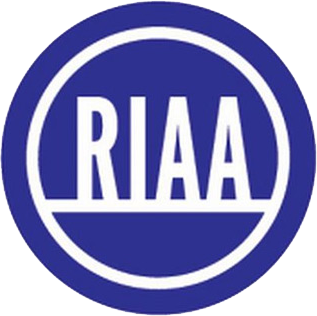RIAA Takes Another Loss, This Time in Tenenbaum Case
posted Sunday Jul 11, 2010 by Nicholas DiMeo

This week, more evidence came to light that RIAA is crazy as another judge, this time in the Joel Tenenbaum case, found that the ordered $675,000 fine for copyright infringement was just a little too much for an individual to pay. The fine has since been reduced to a tenth of that, or $67,500. U.S. District Judge Nancy Gertner has decided the original amount was "unconstitutionally excessive", furthering showing that judges aren't happy with the damage amounts that juries are allowed to set under the current federal law.
Check after the break for more on the case.
Back in January we covered a similar RIAA case in which Jammie Thomas-Rasset was fined almost $2 million, when a chief judge for the U.S. District Court for the District of Minnesota reduced the fine to just $54,000.
Corynne McSherry, a staff attorney at the Electronic Frontier Foundation, an advocate of technology companies and Internet users, pointed out that Gertner came to this decision only after long hours of reading over legislation on the rules regarding how much one can actually be fined for such things.
Gertner found there is quite a bit of evidence that Congress did not intend statutory provisions to be applied this way. She concluded that the (original) damages award went far beyond what Congress intended or contemplated.
Basically, McSherry is saying that RIAA is using the courts to profit from the offenders, rather than to come to an even level per person on the loss in revenue due to piracy.
There is a difference between RIAA suing large companies huge amounts of money when they are trying to profit from illegal distribution and suing an individual for downloading an album from a torrent site. An advocate for court fairness and policy had this to say:
The fine should be large enough to deter piracy, but not so much as to absolutely ruin someone's life and drive them towards bankruptcy or suicide. It's very different when you are suing an individual vs suing a company. When you sue a company, you want their operations to cease (in other words a huge fine is what you need to achieve this because they make a lot of money from selling pirated material). But when you sue an individual, you want to make it more expensive for them to pirate than to make a legitimate purchase. Since they do not make money on piracy, there is no need for hefty fines to shut them down.
This case, of course, is a carryover from 2008, when RIAA decided to stop filing copyright complaints against individuals. RIAA, however, isn't very happy with the judge's decision.
The court has substituted its judgment for that of 10 jurors as well as Congress. For nearly a week, a federal jury carefully considered the issues involved in this case, including the profound harm suffered by the music community precisely because of the activity that the defendant admitted engaging in.
Tenenbaum went on record to say that he is happy the award was reduced but that $67,500 was still a little too rich for his blood. The Boston Globe is reporting that Tenenbaum could have settled this issue initially with RIAA for as low as $4,000.

